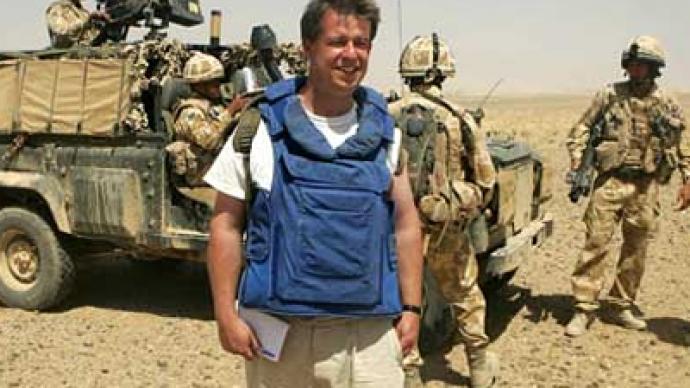War reporting: Is it worth the risk?

Since the rise of the 24-hour news cycle and the spread of technology, journalists have actively taken part in covering and reporting live from conflict zones.
As the dangers become increasingly risky many have questioned whether journalists should continue to place themselves in harm’s way. The number of media outlets has grown; there is less need to travel to a story. Technology has made social reporting and crowd sourcing easier, allowing those already on the scene and part of the action to report from their communities. Recent conflicts, including the Arab Spring protest, have highlighted both the risks to journalists and the growing relevance and impact of social media driven by locals. Meanwhile the US media continues to focus on sex scandals and soft news as opposed to covering global conflicts. People suffer and die overseas and yet the media and media views continue unaware of reality. Journalists remain in harm’s way to follow and tell the stories, but the people back home are often unaware of their sacrifice and heavily unaware of the reality of conflict. Is it worth it to risk the lives of journalists given the changing media climate, where technology and the audience has shifted? Journalist, author and documentarian Sebastian Junger said there is a risk involved, but journalists must be on the ground to tell the stories to the world. Junger worked with Tim Hetherington on the film “Restrepo” following US troops in Afghanistan. Hetherington was recently killed covering the conflict in Libya. Focusing on Libya and the Arab Spring specifically, Junger explained that the press is paramount in sharing the people’s story. “Without the press there is no information to rally around. Without images of people suffering, without casualty figures, without evidence that crimes are being committed against the civilian population the other Arab countries would not have been stirred up against Gaddafi. You need that information. The press, at least in the initial stages of the conflict, that information gets out through the press,” he said. “I really cannot imagine a world without them.”New technology which allows the local people to cover what is happening around them helps convey information, but it is incomplete. Twitter, YouTube and other sources share information but are un-cited and unverifiable. Often people post raw footage without clarifying the facts or asking leaders true investigative questions. “It’s not the same as journalism,” he said. Journalists need to be on the ground to authenticate the coverage and report on the story and ask the right questions to bring about an objective report and present a solid story.












